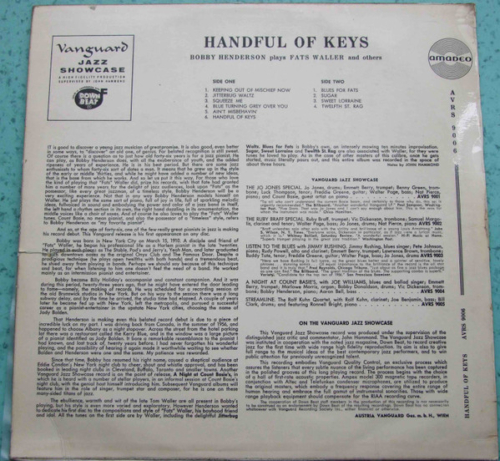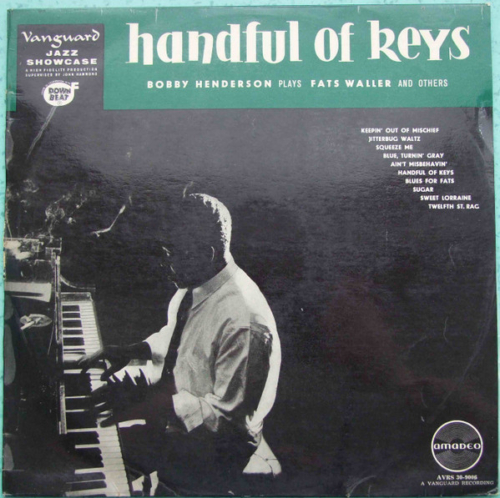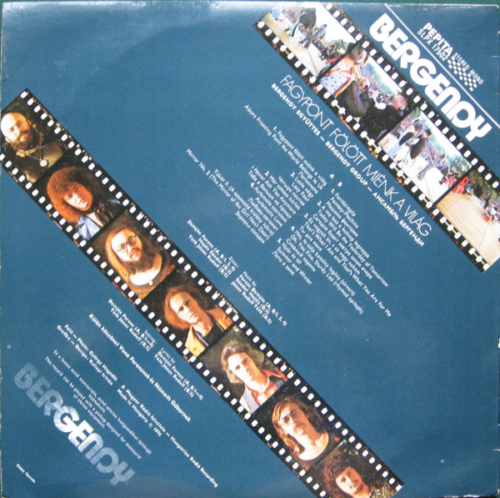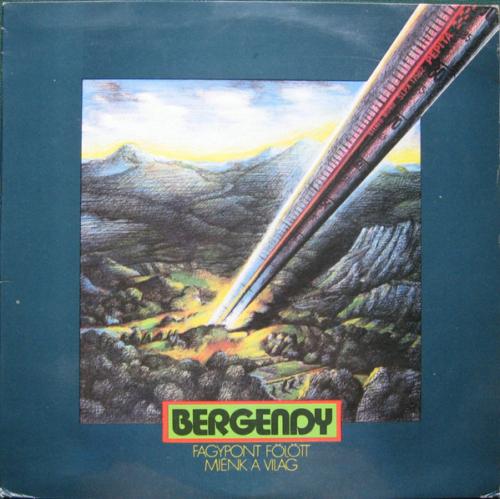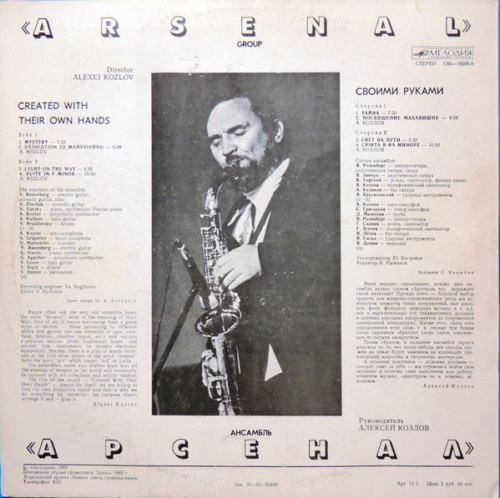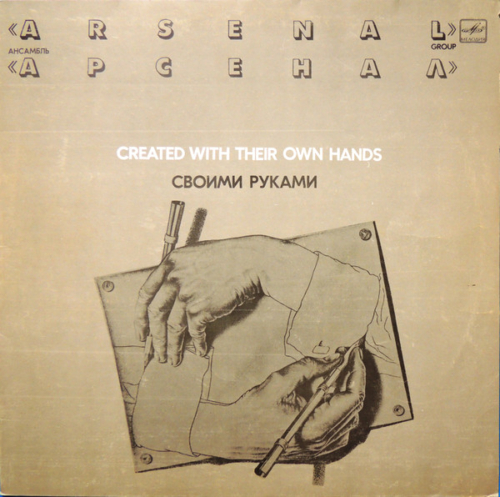When arists self-releases their own recordings, they do so in the hopes that a hit might develop, or even better, a sphere of influence might form. In a lot of cases these records provide a stamp of existence and intent – a sonic business card showing what musicians were made of. Compass Rises (1973), the privately pressed sole LP by Oneonta, New York’s Compass, is both a sampling of versatility and a declaration of straight-ahead purpose. Regularly active in upstate New York between 1969 and 1974, Compass was an acoustic-electric quartet that played original music and modern jazz standards. The group consisted of saxophonist and bass clarinetist Rick Lawn, keyboardist Joel Chase, bassist Tom Ives (doubling on flugelhorn), and drummer Al Colone. On the LP, percussion duties were shared across the band as well as an conguero, Ken Parmele. Every song on Compass Rises, with the exception of the opener, is written and arranged by Lawn. The album is a nod to the post-Coltrane lineage of 1970’s jazz – even at its most spry there’s an undertow of workmanlike toughness, perhaps a reflection of the industrial-collegiate hybrid towns in New York where Compass plied their trade. Ives’ “Cleanin’ Up” starts the proceedings, a modal groover that would not have sounded out of place on a Joe Henderson Milestone LP, coupled with a neat, funky turnaround in the head. “Sunflower” has a slight Latin flavor and while it’s not exactly Freddie Hubbard’s “Little Sunflower,” it does have a lilt that’s both sinewy and breezy, with Lawn’s huskily burnished tenor shimmying atop. Following the ballad “Waltz for Barbara,” a front line expanded with Ives’ flugelhorn opens up on the driving “Blues for Vito,” dry and cracking rhythm supporting a tough, metallic dance. Side two begins with “Schizoid,” the nasally incision of Lawn’s soprano saxophone in spiraling turns against pummeling toms and Chase’s fuzzed-out intervallic sprawl. “Sour Cream” is a choppy bit of soul jazz, while the closing “Pharoah’s Thing” starts off on an elegiac plateau before unfurling with a piquant, minor-key bounce. With its stark, somewhat gothic cover art and toothy, inspired playing and composing, Compass Rises deserves the critical examination that it likely didn’t have upon release.
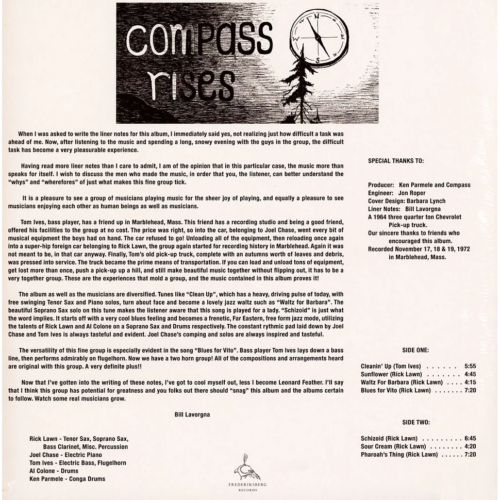
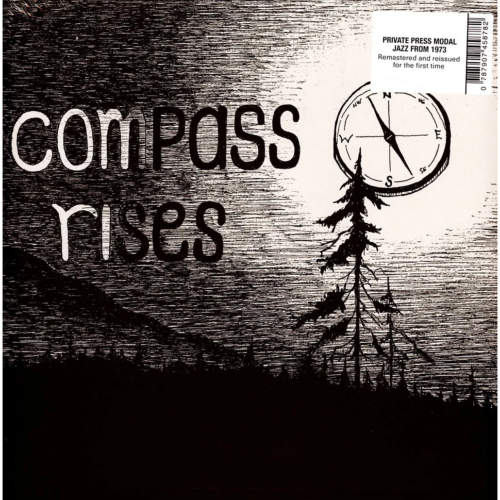 When arists self-releases their own recordings, they do so in the hopes that a hit might develop, or even better, a sphere of influence might form. In a lot of cases these records provide a stamp of existence and intent – a sonic business card showing what musicians were made of. Compass Rises (1973), the privately pressed sole LP by Oneonta, New York’s Compass, is both a sampling of versatility and a declaration of straight-ahead purpose. Regularly active in upstate New York between 1969 and 1974, Compass was an acoustic-electric quartet that played original music and modern jazz standards. The group consisted of saxophonist and bass clarinetist Rick Lawn, keyboardist Joel Chase, bassist Tom Ives (doubling on flugelhorn), and drummer Al Colone. On the LP, percussion duties were shared across the band as well as an conguero, Ken Parmele. Every song on Compass Rises, with the exception of the opener, is written and arranged by Lawn. The album is a nod to the post-Coltrane lineage of 1970’s jazz – even at its most spry there’s an undertow of workmanlike toughness, perhaps a reflection of the industrial-collegiate hybrid towns in New York where Compass plied their trade. Ives’ “Cleanin’ Up” starts the proceedings, a modal groover that would not have sounded out of place on a Joe Henderson Milestone LP, coupled with a neat, funky turnaround in the head. “Sunflower” has a slight Latin flavor and while it’s not exactly Freddie Hubbard’s “Little Sunflower,” it does have a lilt that’s both sinewy and breezy, with Lawn’s huskily burnished tenor shimmying atop. Following the ballad “Waltz for Barbara,” a front line expanded with Ives’ flugelhorn opens up on the driving “Blues for Vito,” dry and cracking rhythm supporting a tough, metallic dance. Side two begins with “Schizoid,” the nasally incision of Lawn’s soprano saxophone in spiraling turns against pummeling toms and Chase’s fuzzed-out intervallic sprawl. “Sour Cream” is a choppy bit of soul jazz, while the closing “Pharoah’s Thing” starts off on an elegiac plateau before unfurling with a piquant, minor-key bounce. With its stark, somewhat gothic cover art and toothy, inspired playing and composing, Compass Rises deserves the critical examination that it likely didn’t have upon release.
When arists self-releases their own recordings, they do so in the hopes that a hit might develop, or even better, a sphere of influence might form. In a lot of cases these records provide a stamp of existence and intent – a sonic business card showing what musicians were made of. Compass Rises (1973), the privately pressed sole LP by Oneonta, New York’s Compass, is both a sampling of versatility and a declaration of straight-ahead purpose. Regularly active in upstate New York between 1969 and 1974, Compass was an acoustic-electric quartet that played original music and modern jazz standards. The group consisted of saxophonist and bass clarinetist Rick Lawn, keyboardist Joel Chase, bassist Tom Ives (doubling on flugelhorn), and drummer Al Colone. On the LP, percussion duties were shared across the band as well as an conguero, Ken Parmele. Every song on Compass Rises, with the exception of the opener, is written and arranged by Lawn. The album is a nod to the post-Coltrane lineage of 1970’s jazz – even at its most spry there’s an undertow of workmanlike toughness, perhaps a reflection of the industrial-collegiate hybrid towns in New York where Compass plied their trade. Ives’ “Cleanin’ Up” starts the proceedings, a modal groover that would not have sounded out of place on a Joe Henderson Milestone LP, coupled with a neat, funky turnaround in the head. “Sunflower” has a slight Latin flavor and while it’s not exactly Freddie Hubbard’s “Little Sunflower,” it does have a lilt that’s both sinewy and breezy, with Lawn’s huskily burnished tenor shimmying atop. Following the ballad “Waltz for Barbara,” a front line expanded with Ives’ flugelhorn opens up on the driving “Blues for Vito,” dry and cracking rhythm supporting a tough, metallic dance. Side two begins with “Schizoid,” the nasally incision of Lawn’s soprano saxophone in spiraling turns against pummeling toms and Chase’s fuzzed-out intervallic sprawl. “Sour Cream” is a choppy bit of soul jazz, while the closing “Pharoah’s Thing” starts off on an elegiac plateau before unfurling with a piquant, minor-key bounce. With its stark, somewhat gothic cover art and toothy, inspired playing and composing, Compass Rises deserves the critical examination that it likely didn’t have upon release.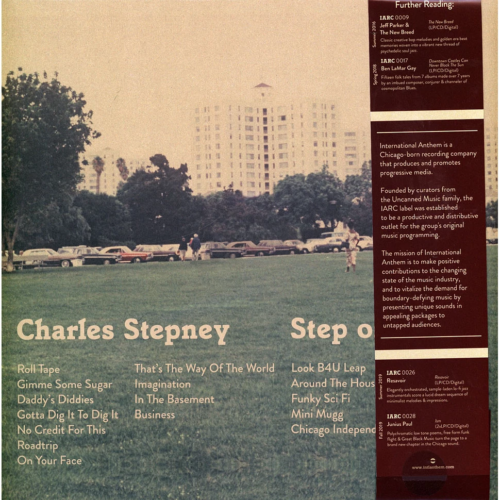
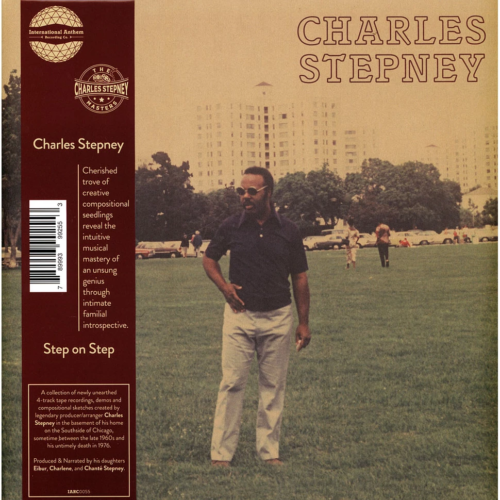 Chicago-born composer, producer and arranger Charles Stepney is known to some for his work with Earth, Wind & Fire, Deniece Williams, and Ramsey Lewis, or for his work with Chess Records in the 1960s, where he was an essential creative force behind seminal recordings by Rotary Connection, Minnie Riperton, Marlena Shaw, Muddy Waters, Howlin Wolf, Terry Callier, The Dells, The Emotions, and many many more. In the decades since his untimely death in 1976, the presence of his name in liner notes and on vinyl labels has become a seal of quality for record collectors, music historians, and aficionados, while his sound has been used by countless samplers in the hip-hop world including Kanye West, A Tribe Called Quest, The Fugees, MF Doom, and Madlib. But in comparison to the post-mortem renown of his sound, or the music he created and the artists he supported while he was alive, Stepney is a greatly under-appreciated figure... a genius relegated to the shadows.
Chicago-born composer, producer and arranger Charles Stepney is known to some for his work with Earth, Wind & Fire, Deniece Williams, and Ramsey Lewis, or for his work with Chess Records in the 1960s, where he was an essential creative force behind seminal recordings by Rotary Connection, Minnie Riperton, Marlena Shaw, Muddy Waters, Howlin Wolf, Terry Callier, The Dells, The Emotions, and many many more. In the decades since his untimely death in 1976, the presence of his name in liner notes and on vinyl labels has become a seal of quality for record collectors, music historians, and aficionados, while his sound has been used by countless samplers in the hip-hop world including Kanye West, A Tribe Called Quest, The Fugees, MF Doom, and Madlib. But in comparison to the post-mortem renown of his sound, or the music he created and the artists he supported while he was alive, Stepney is a greatly under-appreciated figure... a genius relegated to the shadows.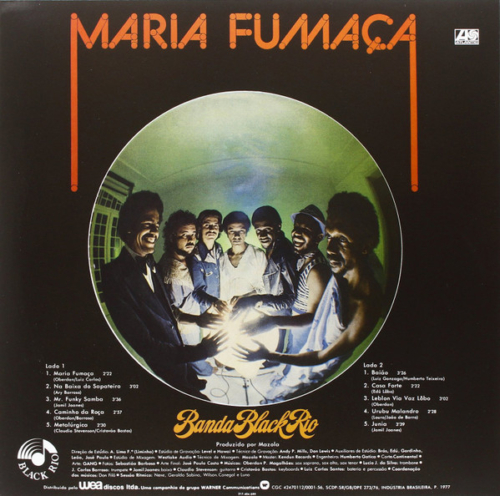
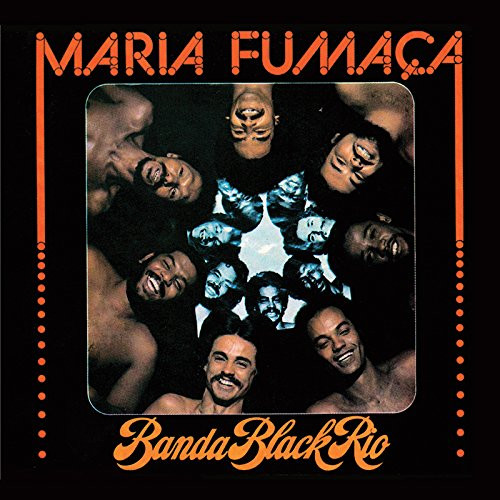 Used Vinyl VG+
Used Vinyl VG+